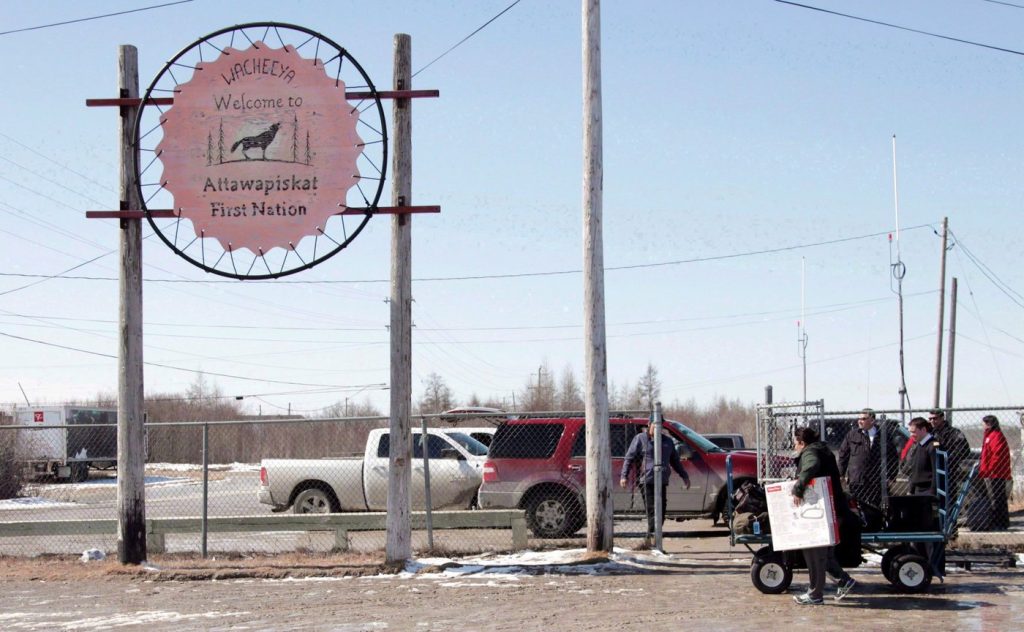An Indigenous advocate from northern Ontario, Charles Hookimaw, has raised serious concerns regarding a proposed merger between the U.K.-based Anglo American PLC and Vancouver's Teck Resources Ltd., particularly in relation to First Nations communities. Hookimaw, who served as the former director of lands and resources for the Attawapiskat First Nation, expressed his apprehensions in a letter to federal Industry Minister Mélanie Joly, highlighting the community's past negative experiences with Anglo American’s diamond-mining subsidiary, De Beers.
Hookimaw's letter outlines a series of grievances, stating, “Anglo American consistently failed to ensure that its subsidiary lived up to its social responsibility and to respect the treaty rights of the Kattawapiskak (Attawapiskat) First Nation.” He noted that despite numerous attempts to engage in constructive dialogue, the company failed to address the community's needs and concerns, allowing De Beers to operate irresponsibly on their traditional territory.
De Beers, 85 percent owned by Anglo American and partially by the Botswanan government, has a contentious history with the Attawapiskat community, located near James Bay. Its Victor mine functioned from 2008 until 2019, during which many residents reported a lack of substantial economic benefits. The community has suffered from poverty, inadequate housing, and unsatisfactory access to clean drinking water. In 2013, frustration led some residents to blockade a winter supply road, voicing their dissatisfaction with the situation.
The relationship between Attawapiskat and De Beers has been further strained by environmental concerns and legal battles. In 2021, De Beers was found guilty of failing to provide environmental monitoring data concerning mercury levels in local water sources. Additionally, the decommissioning of the mine has sparked protests, as the First Nation opposed plans for a landfill containing demolition waste at the site instead of transporting it for recycling.
In assessing the situation, Hookimaw characterized the relationship with De Beers as “a marriage that’s gone bad.” He expressed that Anglo American could have played a pivotal role in ensuring that agreements benefitted the entire community, a responsibility that he believes they neglected. As discussions continue about the merger, the newly formed entity would be known as Anglo Teck, with its headquarters in Vancouver. Both companies claim that the merger would enhance their commitments to Indigenous communities.
Marcelo Esquivel, Anglo American’s vice-president of communications, assured that Anglo Teck would foster a culture that respects Indigenous and community rights, providing guidelines for engagement and sustainable practices. However, Hookimaw remains skeptical, stating, “I see nothing good coming out of this merger.” He emphasized that without adequate oversight and proactive involvement from Anglo American, the merger could lead to further issues between the combined company and Indigenous communities.
The concerns voiced by Hookimaw are echoed by others, including Chief Clarence Louie of the Osoyoos Indian Band, who has highlighted the necessity for Indigenous inclusion in the merger process. Overall, the sentiments expressed reflect deep-rooted apprehensions about the potential impact on First Nations and the historical precedents set by Anglo American and De Beers in Indigenous relations.











